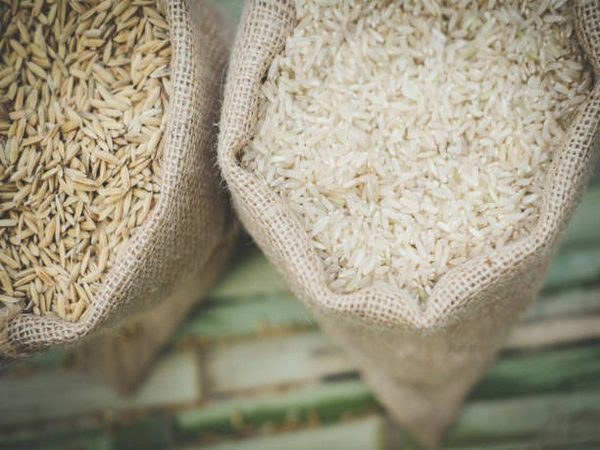The Asian rice market is currently facing uncertainty as top exporters prepare for a potential tender from Indonesia’s state purchasing agency, Bulog, in May. This surge in prices follows export restrictions implemented by India, the world’s largest rice exporter. India’s restrictions include banning broken rice exports and imposing additional duties on non-basmati white rice outflows. Furthermore, the Indian government has restricted non-basmati white rice exports and set a minimum export price for basmati rice.
India’s export restrictions have significantly tightened global rice supplies, with the country accounting for nearly half of the global rice trade in the marketing year 2022-23. With India’s restrictions constricting the market, Asian rice exporters are eagerly anticipating Bulog’s potential tender in May. So far in 2024, Bulog has announced four tenders, purchasing 1.4 million metric tonnes from top suppliers such as Vietnam, Thailand, Myanmar, and Pakistan.
Bulog has set an import quota of 3.6 million metric tonnes for 2024, down from last year’s 3.8 million metric tonnes, due to prolonged dry conditions attributed to the El Nino weather pattern. Exporters from various countries are expecting a surge in rice prices with the upcoming Bulog tender, as Vietnamese and Thai rice prices have already started to firm up in anticipation. Bulog’s tenders typically lead to price surges during purchase announcements, providing more stability to the market.
Despite stagnant demand, global rice prices have been on the rise in recent years due to dry weather-led supply cuts and restrictive government policies. The El Nino weather pattern has led to drought conditions in Asian rice fields, further impacting global rice supplies. Exporters are closely monitoring Bulog’s next tender announcement, anticipating further market volatility as the situation unfolds.
In conclusion, the Asian rice market is facing uncertainty as top exporters brace for a possible tender from Indonesia’s state purchasing agency, Bulog, in May. India’s export restrictions have tightened global rice supplies, leading to a surge in prices. Asian rice exporters are eyeing Bulog’s potential tender in May, as Vietnamese and Thai rice prices have already started to firm up. Despite supply cuts and government policies impacting global rice prices, exporters are preparing for further market volatility as the situation develops.









